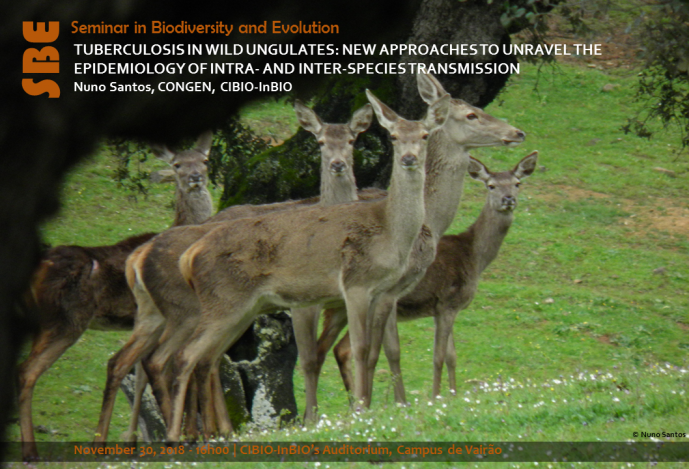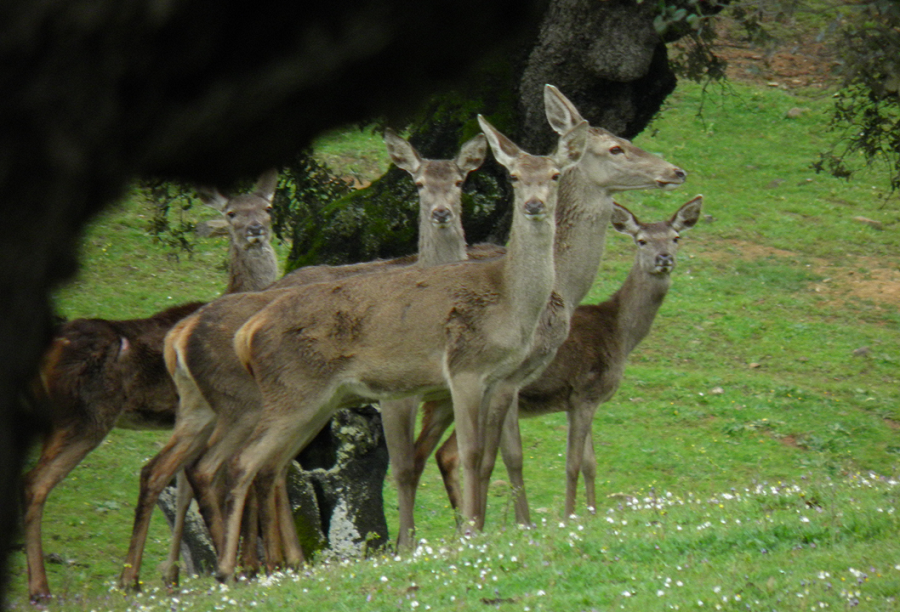TUBERCULOSIS IN WILD UNGULATES: NEW APPROACHES TO UNRAVEL THE EPIDEMIOLOGY OF INTRA- AND INTER-SPECIES TRANSMISSION


Bovine tuberculosis (bTB) is a zoonotic disease caused by Mycobacterium bovis and other members of the Mycobacterium tuberculosis complex, whose natural hosts are wild and domestic mammals. Bovine tuberculosis is a disease of economic, public health and conservation relevance subjected to mandatory control programs in livestock in many countries. In 2016, the cattle herd prevalence in the Iberian Peninsula was 2.3%, with large regional variations. Despite the overall long-term success of cattle TB control, the trend in the recent years has been of a slight increase, despite an annual investment of over 30 million € in control. In the Iberian Peninsula bTB is maintained in a multi-host-pathogen system involving sympatric wild and free-ranging domestic ungulates. The epidemiology of multi-host diseases is more complex and hence less predictable than for single-host diseases and it follows therefore that their control is particularly challenging. In this presentation I will summarize my research on the epidemiology of bTB in the multi-host pathogen model system of the Iberian Peninsula, focusing on novel approaches such as studying the excretion of M. bovis by infected wild ungulates, the environmental contamination with mycobacteria, the spatial analysis of wildlife bTB and the estimation of the number of infected hosts using Bayesian methods.
Nuno Santos graduated as DVM at Technical University of Lisbon in 1997, MSc in Veterinary Public Health in 2007 and PhD in Health Sciences by the University of Minho in 2016. Certified European specialist in wildlife population health by the European College of Zoological Medicine since 2014. He worked for several years in private practice as wildlife veterinarian. His research career focuses on the epidemiology of infectious and parasitic diseases in wildlife populations. Nuno Santos is particularly interested in exploring the complexities of real-life systems, including disease ecology in multi-host-pathogen systems, particularly at the domestic-wildlife interface, co-infections and diseases of conservation relevance. Recently, he became involved in the field of conservation physiology, studying acute and chronic stress in wildlife.
[Host: Paulo Célio Alves, Conservation Genetics and Wildlife Management ]
Image credits: Nuno Santos